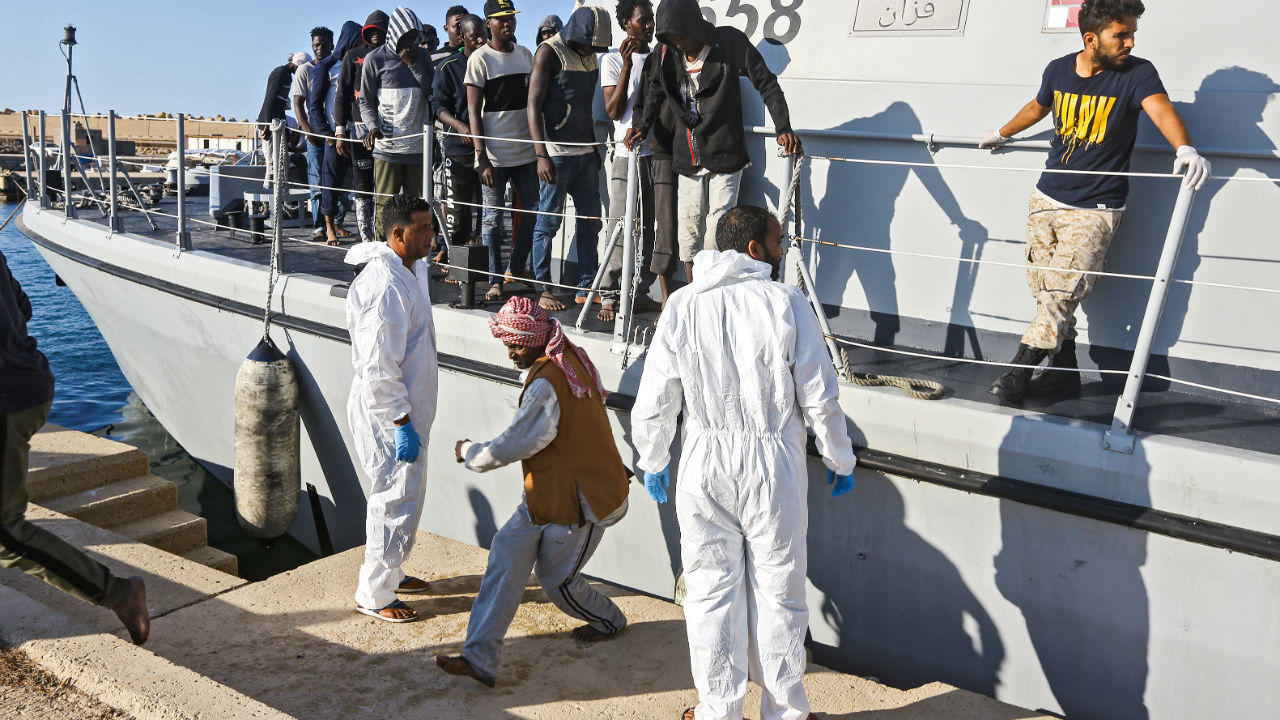
Libya’s migrant workers suffer from repercussion of COVID-19

Hussein Ali, who came to Libya from Niger three years ago, didn’t expect that the strict measures against the COVID-19 pandemic cost him the only source of income.
Ali used to work for an average of 10 to 15 U.S. dollars per day in the capital Tripoli.
“But now, I am unemployed because of the pandemic that suddenly stopped many businesses. There’s nothing I can do,” Ali told Xinhua.
“Currently, I work to do services to homeowners. But my monthly income has decreased significantly over the past five months. Sometimes, I can’t even make money for food,” Ali said.
“Besides the frightening rise of the foreign exchange rate of the U.S. dollar (against the Libya dinar) in the black market, I was unable to transfer money for my family for three months. The coronavirus stopped everything in Libya. There’s nothing we can do but wait. Maybe things will change for the better in the future,” he added.
Khadija Mahmoud, a migrant from Sudan, is also affected by the COVID-19.
“I used to work four days a week in a private company in Tripoli, where I did cleaning and cooking work. Currently, the company is closed and I have not received my salaries for four months,” Mahmoud told Xinhua.
“Every day, I receive promises from the company’s officials that the company will reopen soon. But so far, nothing is clear,” she said.
The United Nations High Commissioner for Refugees estimates that more than 60 percent of migrant workers in Libya have lost their work during the past few months because of the precautionary measures against COVID-19.
According to the International Organization for Migration, more than 500,000 illegal migrants in Libya who depend on daily labor for income have been affected by the COVID-19 pandemic.
The Libyan National Center for Disease Control said that the total number of COVID-19 cases in Libya has so far reached 20,462, including 2,329 recoveries and 324 deaths.
A series of precautionary measures against COVID-19 have been taken by the Libyan authorities since the first case was announced in March, which include closing the country’s borders, shutting down schools and mosques, banning public gatherings and imposing a curfew.






